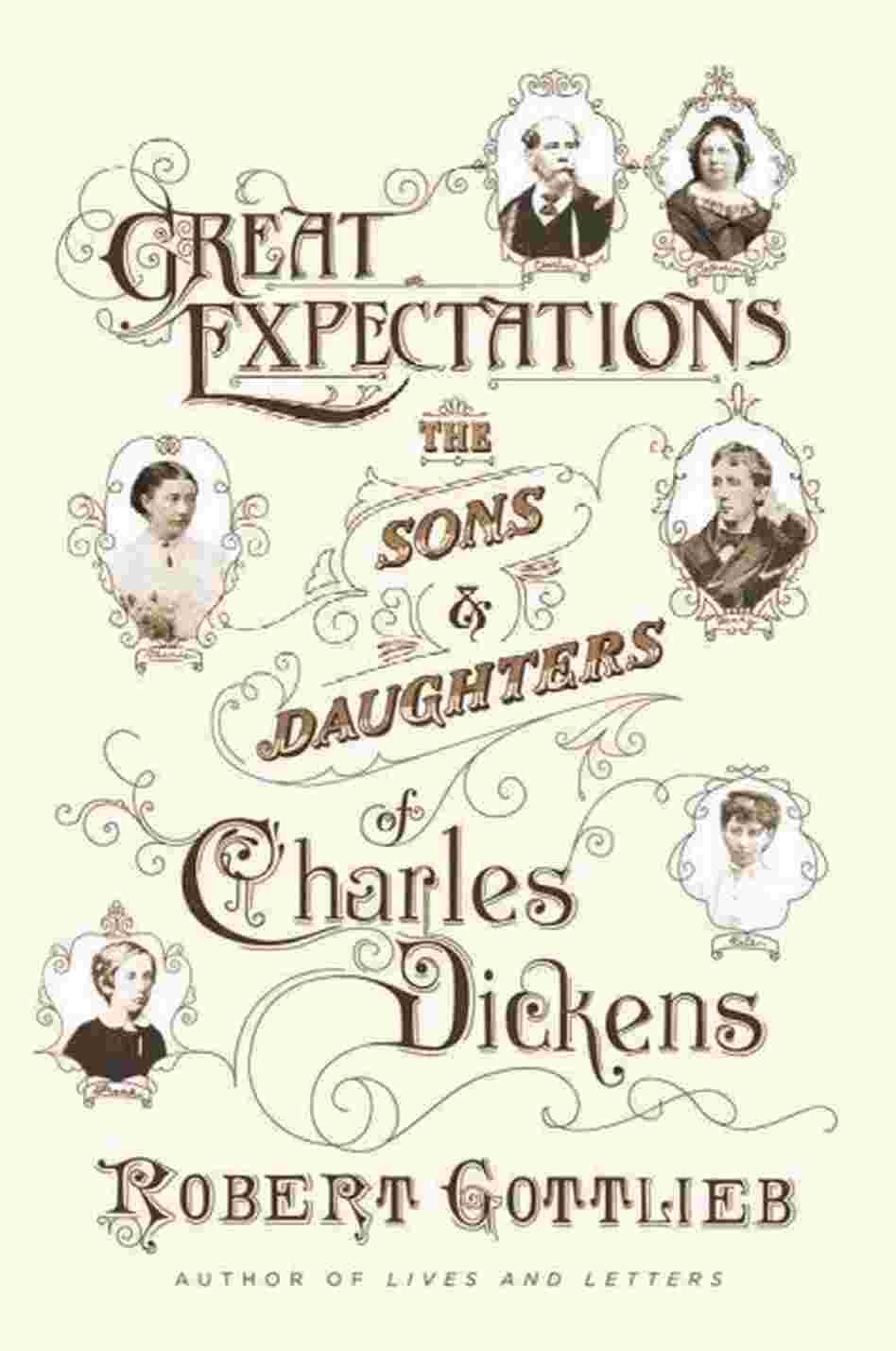Yes, there was Catherine and Mary and Roxanne and Tiffany... but do you recall the most famous and presumably taken advantage of casual lover turned mistress of all? Alright, look, admittedly there was not a Roxanne or Tiffany, at least not on record, but just for a second imagine Dickens standing up, patting his drinking buddy on the shoulder and saying, "Well, old chap, my love awaits," while making crude hand gestures at a woman in the corner with thick makeup and a tube top.
Nelly Ternan, rather, is the name of the most famous, not made-up one; the actress Dickens fell for after essentially sending off his former wife to die in a pile of money. "What became of the illicit affair," you ask? (You know, sometimes I wonder if you're even really asking or just scrolling down for signs of my having gotten on with it. But I digress.) Can someone say illegitimate child? Very good! Can someone say Da-da? No, not the European art movement of the early 20th century, but the plea said illegitimate child might have made to Dickens, in the seconds before shipping off to some strange part of the world in undebatable pursuit of financial independence.
True to his Scrooge-like characters and poverty-laced upbringing, as chronicled by Robert Douglas-Fairhurst in last year's outstanding Becoming Dickens, the most gifted humorist of his generation was a bit of an ice-cold prick when it came to parenting, forcing his sons to make a life for themselves by something like the age of four, prior to chastising them for not also being geniuses, a style of parenting which as some reviewers have pointed out offers an interesting parallel to our modern habit of helicoptering around a child until one can be sure the child isn't doing and/or planning to do anything, without it being somehow recorded.
Great Expectations, in addition to the novel, might serve as the title of a devastating memoir by any one of Dickens' 10, make that 11, sons and daughters. That was the joke I intended to make anyway before coming across Robert Gottlieb's Great Expectations: The Sons and Daughters of Charles Dickens. Well done, Gottlieb. You beat me to it. Always have to be number one, don't you...
You can blame the fact that Dickens grew up with a father behind bars for unpaid debts, or look to his depictions of poor children for proof that the great writer wasn't heartless but attempting to look back and free himself of shame, as if to love and reconceive of his own life from early on, much like the plot of Back to the Future, Part II, but without Pepsi. That said, one could make the argument too that "What the hell would you do with 11 kids!?" Frankly, I was shocked to learn Nichole Bernier had five. And that's one less than half! But maybe it's just me, having come myself from a large family, with childhood dreams of becoming a high-powered business executive, had I not been shoved from such an early age into the no-nonsense, breakneck world of abstract poetry.


No comments:
Post a Comment